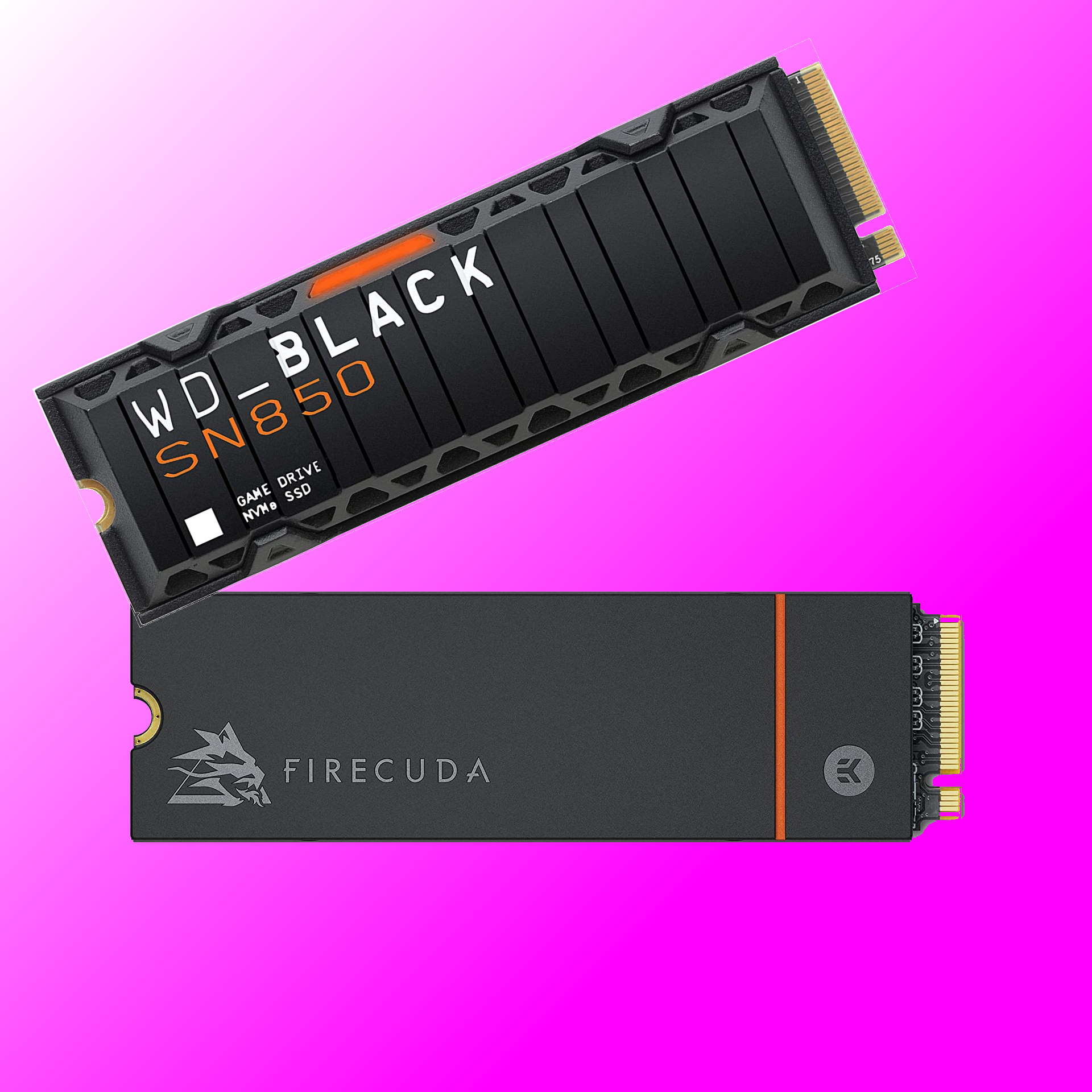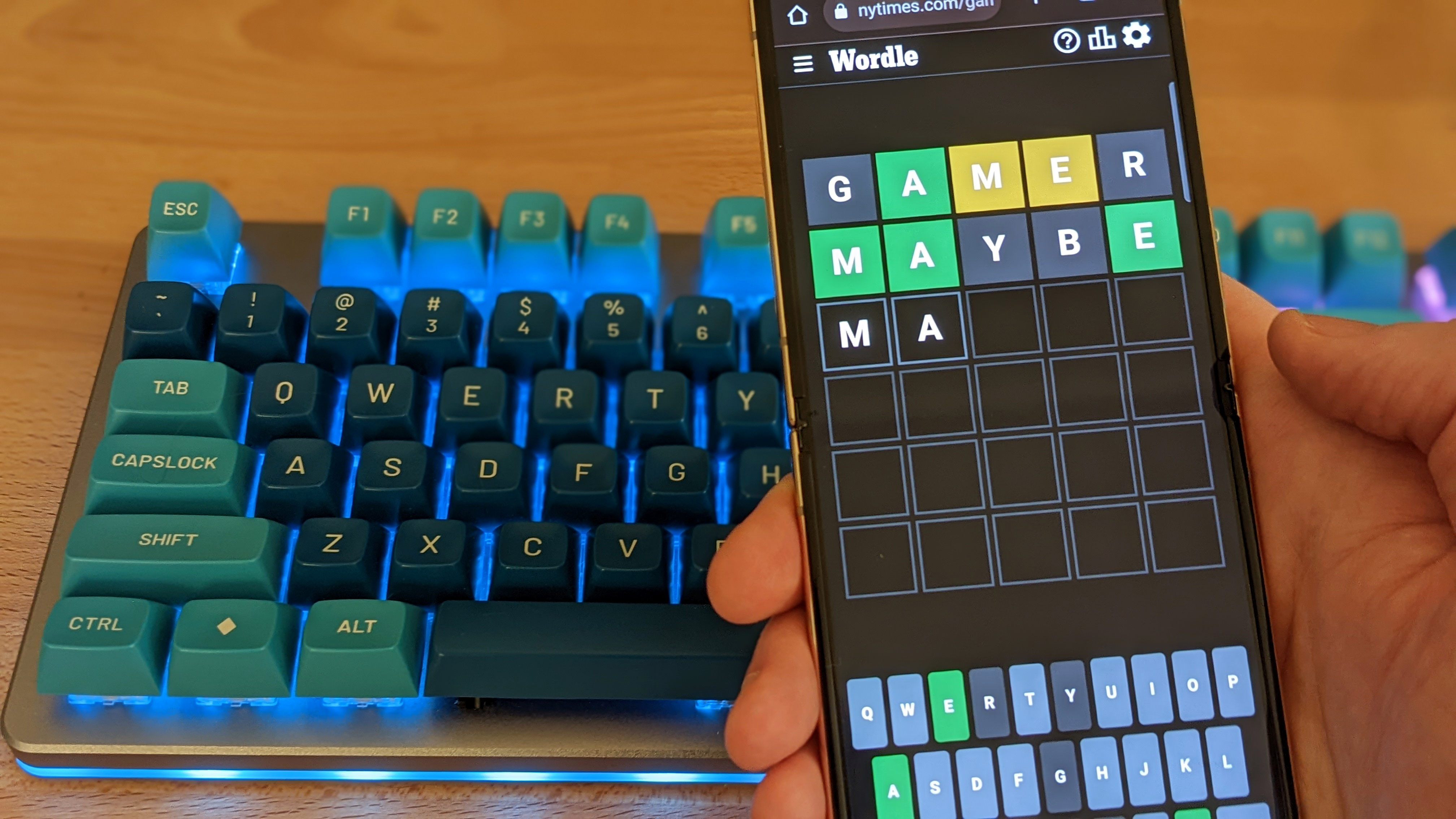
The small percentage of affected users will be automatically opted into the remaining "Don’t save recordings" option.
Take a deep breath. While we are definitely living in a weird dystopian cyber future, the news around Amazon ending opt-out support for sending recordings from its personal devices isn’t actually as bad as it sounds. It’s probably one of the few times something like this isn’t as insidious as it implies, so enjoy this brief moment of peace from the usual buzzing of indignant rage.
APNews explains that though Amazon is set to kill the opt-out option on its Echo devices in just a few days, it’s probably okay. The “Do Not Send Voice Recordings” option that Amazon is putting to rest only worked in the United States, and only on three products—the 4th generation Echo Dot, the Echo Show 10, and the Echo Show 15. Because of this it’s a pretty small customer base affected, and Amazon claims only 0.03% of customers used the feature.
That small percentage of users will be automatically opted in to the “Don’t save recordings” option that will still be available across the range of devices. This should mean that while the recordings are sent to the cloud, they’re not saved beyond this. If that’s you, you should have received an email from Amazon detailing the change.
“The Alexa experience is designed to protect our customers’ privacy and keep their data secure, and that’s not changing. We’re focusing on the privacy tools and controls that our customers use most and work well with generative AI experiences that rely on the processing power of Amazon’s secure cloud,” Amazon said in a statement.
The “Do Not Send Voice Recordings” forced the devices to process requests locally on the device. There are really not a lot of devices that are fully capable of doing that, especially not well. Instead, most rely on a cloud-based AI server to help understand and respond to requests. Still, this implies Amazon is looking to nix the capability entirely.
The move likely homogenises these devices in line with the company’s other products in being tied to Amazon’s cloud services. While it always sucks to see previously working features removed from a device, this one seems relatively minor and mostly sensible. At least more sensible than thinking Amazon could take gamers away from Steam.
Best SSD for gaming: The best speedy storage today.
Best NVMe SSD: Compact M.2 drives.
Best external hard drive: Huge capacities for less.
Best external SSD: Plug-in storage upgrades.




